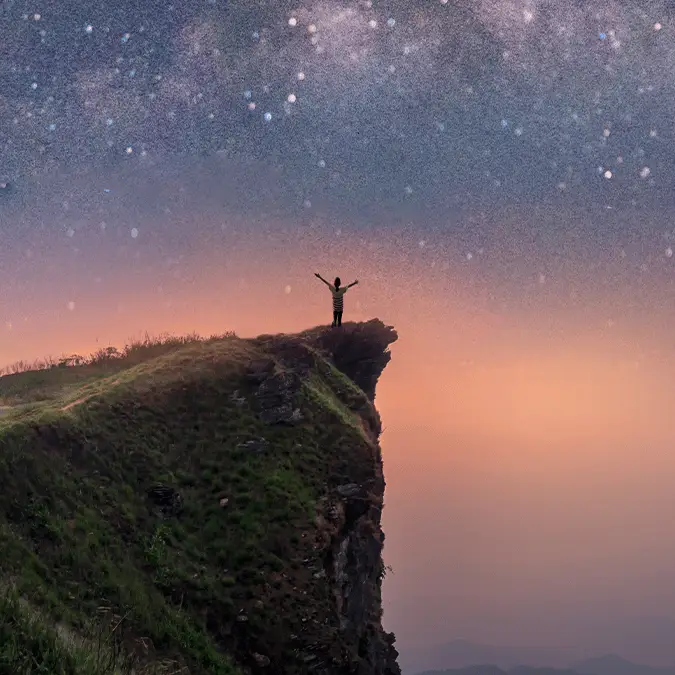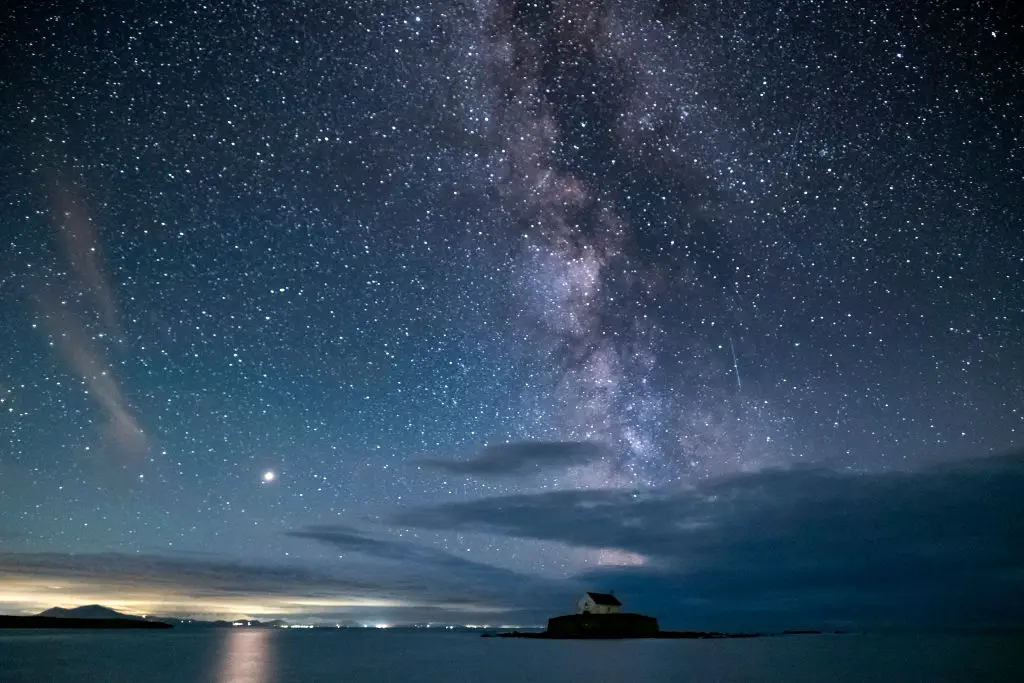
A YouTuber peered far back in time with his telescope into the edge of the universe.
Astrophotography YouTuber Astrobiscuit set out to capture some of the most distant sights in space.
In his video, he travelled to La Palma in the Canary Islands where he set up a (kindly-lended) €16,000 telescope at the ATHOS Centro Astronómico, a remote observatory perched 900 metres above the Atlantic Ocean.
With an unobstructed view of the night sky, this was the perfect location to push the limits of what can be seen from Earth.
Advert
Astrobiscuit looked beyond familiar celestial objects like the Moon and Jupiter, setting his sights on the mysterious Oort Cloud, located between 30 and 700 light-days away.
He described that this cloud is 'teaming with a cloud of 100 billion NYC size snowballs.'
The YouTuber added: "You can't see the blooming comets, not even NASA can see them. They can only see them when they come closer to our solar system."
If one of these cosmic giants were to move toward Earth at high speed, it could be catastrophic and 'wipe out every single one of us," Astrobiscuit explained.
Moving outside our galaxy, Astrobiscuit directs his telescope to Andromeda, 2.5 million light years away.
Comparing a standard 35mm camera lens with a more powerful 135mm lens, he shows how Andromeda, which at first appears as a 'smudged out star' soon appears as a celestial wonder.
In reality, Andromeda is six times wider than the Moon and its glow lights up the night sky, even though it's millions of light-years away, as per Astrobiscuit.
With a Hubble Space Telescope, Astrobiscuit aims for the Cheshire Cat, a cosmic structure 4.5 billion light-years away.

It earned its name due to its two 'eyes' which are actually gravitational lenses while the 'smile and outline of a face belong to galaxies from the very dawn of our universe,' Astrobiscuit said.
However, getting a clear image of something that distant proved to be no easy task. It required capturing light that had travelled for 12 billion years before reaching his telescope.
And to make matters more difficult, Microsoft Windows decided to do an update meaning Astrobiscuit didn't get as much data as he would've liked.
However, the final images left viewers completely amazed.
"Can we all agree that this man should have his own program on BBC!!!" one user replied.
"Telescopes are literally like a window into the past, they are amazing instruments," another praised.
"i have watched unlimited amount of videos on Youtube throughout my life and i can say THIS video is literally one of the best videos i’ve ever seen," one other person commented. "what a great and mind blowing experience the Cheshire cat looks interesting and weird in a beautiful scary way."